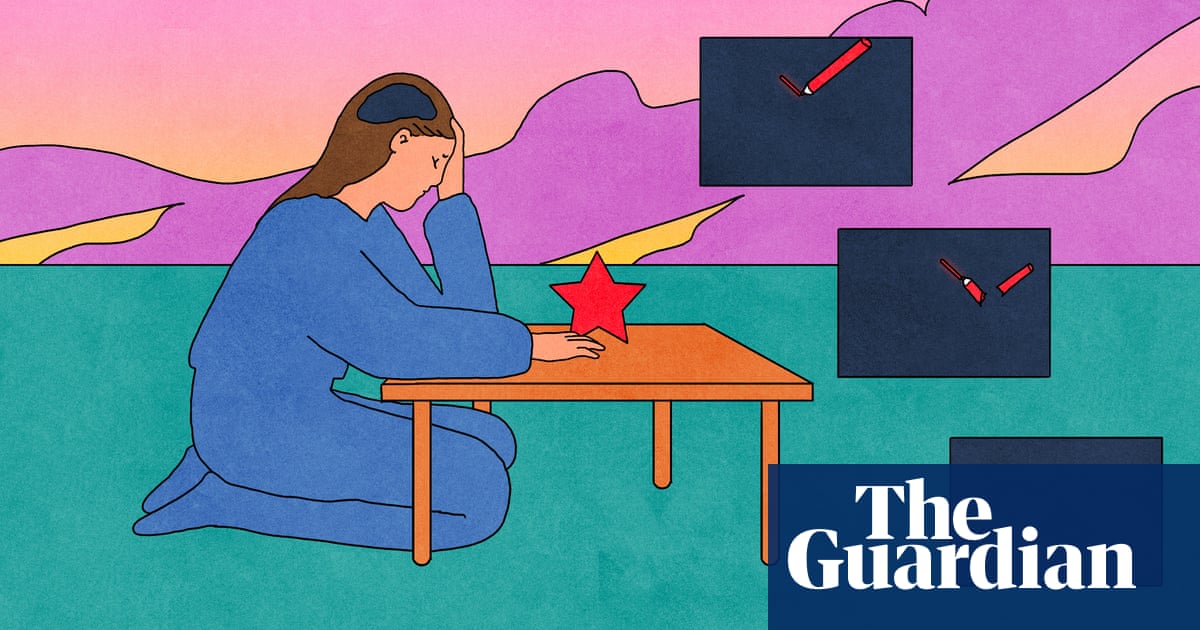This is the best summary I could come up with:
Joel Pearson, a psychologist and neuroscientist at the University of New South Wales, was trying to use pupils as a biomarker to assess aphantasia, a condition thought to affect about 3.9% of people.
But it wasn’t until 2003 that the University of Exeter’s Adam Zeman published the first case report on aphantasia, after meeting a 65-year-old who lost the ability to mentally visualize familiar people and places after a surgery.
There’s evidence that it can make it harder for people to recall visual details, though other studies show that aphants perform better on some memory tests unrelated to imagery.
Andrea Blomkvist, a researcher in philosophy of cognitive science at the Centre for the Study of Perceptual Experience at the University of Glasgow, said that her group had met aphants who are not just skilled at non-visual jobs and hobbies, but are artists, writers, animators.
This has revealed itself in other preferences too: I seem like someone who would love science fiction novels, but growing up I found books with lengthy visual descriptions of scenery or characters boring.
Recently, when remembering something that my current boyfriend and I discussed last spring in London, I recalled that we were on an escalator while talking; I could sense the memory of the movement of my body going up the moving stairs.
The original article contains 1,759 words, the summary contains 218 words. Saved 88%. I’m a bot and I’m open source!

